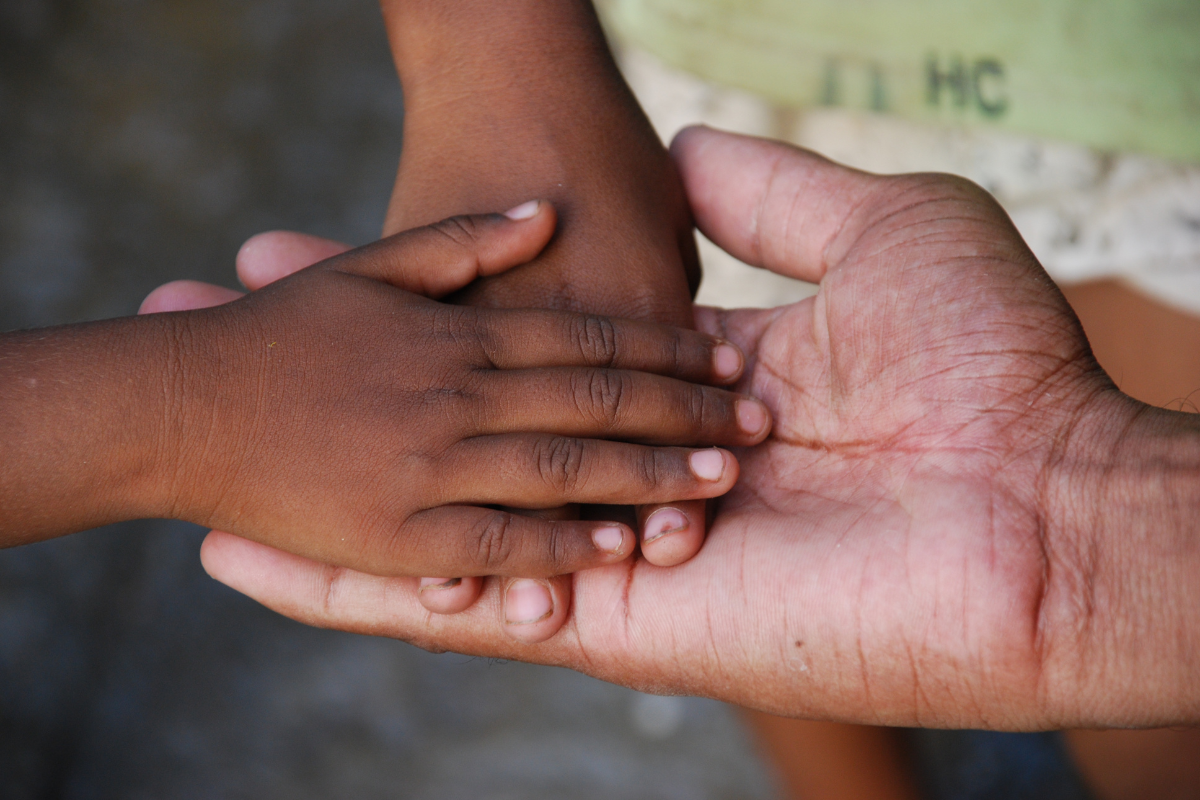Small white or light grey worms or parasites known as pinworms or threadworms cause intestina infection, which is common among children, about 4-28%. The disease is known as enterobiasis, caused by “Enterobius Vermicularis”(pinworms). This parasite lives in the lower digestive system of the human body. When scratching the anus areas, most children get the eggs on their hands and under their fingernails. If the hands are not washed properly before meals, the eggs are swallowed, reaching the gut. The disease spreads from one to another as children shake hands or touch the same things.
Symptoms
Following are the symptoms children may have due to pinworms.
- They may have itching around the anus, especially at night
- Children face problems in sleeping
- Female kids may have vaginal discharge
- Children may have infected red anal skin
Care instructions for children
Here are some guidelines for parents and caregivers to treat and manage pinworm infection in children:
- Hand and fingernail care
Parents or health care providers should take good care of children and avoid the risk of pinworm eggs getting trapped in their fingernails or hands. They need to trim the fingernails short to reduce the risk of disease. Also, washing hands before eating, and after playing, and studying should be mandatory.
- Self-hygiene
Healthcare providers or parents must teach their children about hygiene and bathing routines. Parents need to set a pattern for children to take showers and teach them proper hand washing and cleaning. Ask them to clean their hand before touching the door knob.
- Cleaning & Clothing
Parents must clean the infected children’s rooms properly and daily. In addition, parents should change the bed sheets, pajamas, night suits, and underwear daily and wash all the used clothes with warm water to kill the parasites and reduce the risk of spreading the disease. Only share towels, clothes, etc., once the recontamination risk diminishes ultimately.
- Proper dressing
Children should not wear loose clothes with pinworms as it makes them scratch around the anus easily. A parent should make their child wear tight pajamas, trousers, and underwear so they won’t scratch around the area and thus lower the risk of disease.
- Home care
Everyone in the home should keep their house clean and maintain proper hygiene daily. Good home washing, changing table clothes, and dusting the home appliances are vital to prevent parasites from spreading. Keep open the blinders or curtains, as pinworm eggs are sensitive to sunlight, which will help kill the worms.
- Medications
Parents and caregivers should learn about the Pinworm, caring instructions, and medicine to deal with the disease. Some drugs are readily available at medical stores without a prescription. Must consult with pediatrician and provide the drug with doctor’s recommendations. To avoid the risk of pinworm contamination again, use the medication for two weeks as pinworms, as the chances of reoccurrence are higher within 1-2 weeks. Follow the doctor’s prescription properly.
Conclusion
Pinworms, or threadworms, are tiny white and gray parasites that lead to intestinal infections and are common in children. The child may face vaginal discharge in female kids, itching around the anus, and infected red anal skin. One may prevent diseases by maintaining proper hygiene, washing hands, trimming nails, and changing bedclothes, pajamas, underwear, and night clothes daily. Wash all the infected kid’s cloth with hot water. Follow the prescription properly and make the kid wear tight clothes to avoid scratching. Avoid sharing personal items.

